Breaking
- MENU

The magnitude of the missile attack on Israel carried out by Iran in the early hours of Sunday was unprecedented, even by standards in the Middle East. The Islamic Republic has fired over 300 long-range projectiles, including drones and ballistic missiles, at the Jewish state. In recent years, similar missile and rocket attacks have been carried out by militant groups such as Hamas and Hezbollah. This is the first time Israel has faced a direct missile attack from a state since the Iraqi Scuds in January 1991.
An unprecedented retaliation
The unprecedented volley of long-range projectiles from Iran was supposed to be a response to the killing of Mohammed Reza Zahedi—a senior Quds Commander of the Islamic Revolutionary Guards Corps (IRGC) in Damascus on April 1. There were disputes over the exact structure, which Israel supposedly attacked; whether the building was within the Iranian embassy in Damascus, as Tehran claims, or outside the compound, as Western critics have argued. Even before the long-range projectiles reached Israel, the Iranian mission in New York invoked the rights under Article 51 of the UN Charter and declared that Tehran “does not seek escalation”.
As President Joe Biden pointed out, the physical damage of the missile attacks was minimal as the Israeli defensive mechanism was successful in intercepting them. Israeli officials proudly declared that they were able to intercept 99 per cent of the Iranian missiles. A seven-year-old Bedouin girl was injured in the Negev by shrapnel and an airbase in the south suffered minor damages. In the immediate sense, Israel has “won” the missile attack and in the words of President Biden, “Israel demonstrated a remarkable capacity to defend against and defeat even unprecedented attacks.”
Anticipating the Israeli response, Iran was quick to declare that the missile attacks were in response to the attack on its mission in Syria and that it wished to close the matter. At the same time, it also warned that in case of “any further provocation by Israel”, Iran’s response would “assuredly and decisively be stronger and more resolute”. Several states, led by the US, expressed their anguish over the attack and condemned it. At the same time, they are urging Israel to be measured in its response and avoid escalation.
Iran crosses a red line
Israel has been extremely sensitive about its security, especially of the homeland. Despite frequent bouts of violence, Israel proper has been free from enemy attack. This changed in the 1980s when non-state actors like Hezbollah and Hamas entered the scene. Since then, Israel proper—not the occupied territories—has become the main battleground.
Moreover, October 1973 was Israel’s last war with an enemy state. Conflicts during the past five decades have been with militant non-state actors. Though Iraq fired 42 scuds in January 1991 during the US-led campaign for the liberation of Kuwait, the physical damage and military consequences were limited. The overwhelming American military campaign against Iraq prevented Israel from responding to these attacks; there were, however, murmurs that the Scud attacks undermined Israeli deterrence.
This time is different. Though the physical damage was limited, the Iranian missile attacks have crossed a significant redline. They signalled the failure of Israeli deterrence. That Iran could attack the Israeli mainland indicates not only the logistical capabilities of the Iranian arsenal but also its political determination to challenge Israeli deterrence. It also signals Iranian readiness to face a possible Israeli response. The unprecedented attacks could be a precursor to similar and larger attacks. The Iranian offence would also stir similar military responses from other adversaries of Israel as and when they develop sufficient military capabilities.
Netanyahu can’t admit weakness
Not responding to Iranian attacks will be an admission of Israeli weakness, both political and military. Thus, no leader—democratic or authoritarian—could accept the barrage of over 300 missiles and be content with public statements of condemnation. Political inaction is suicidal even for authoritarian rulers.
Note: This article was originally published in The New Indian Express on 16 April 2024 and has been reproduced with the permission of the author. Web Link
As part of its editorial policy, the MEI@ND standardizes spelling and date formats to make the text uniformly accessible and stylistically consistent. The views expressed here are those of the author and do not necessarily reflect the views/positions of the MEI@ND. Editor, MEI@ND: P R Kumaraswamy

Professor P R Kumaraswamy is Honorary Director of MEI@ND.

When peace is viewed as ‘surrender’, there is little one can accomplish. Without an effe.....
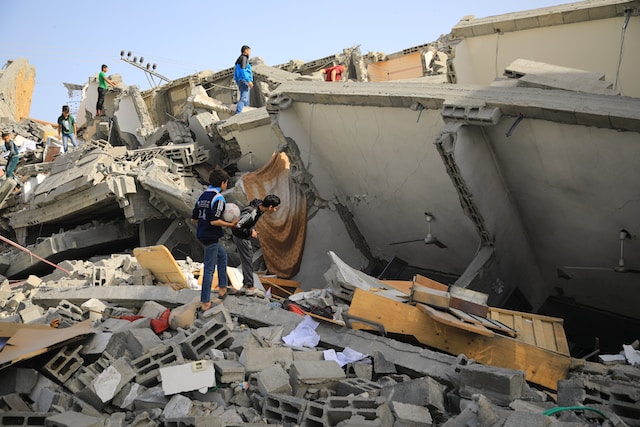
While the details are still emerging, the Hamas attacks from the Gaza Strip on Saturday were well pl.....

The Libyan controversy reminds us of the more significant problem facing Israel. While the scale and.....

64-0! It should be an impressive vote in any country, especially in Israel, where a simple parliamen.....

King Bibi is back! After one year in the Opposition, Benjamin Netanyahu, a close friend of Prime Min.....

Political instability is an integral and inseparable part of Israel’s landscape. For the fifth.....

Even by the Israeli standard of coalition fragility, the Bennett-Lapid government, which completed o.....

Soon to enter its fourth month, the Russian invasion of Ukraine has made irreversible damages to glo.....

The visit of Israeli Prime Minister Naftali Bennett to India scheduled for last week had to be cance.....
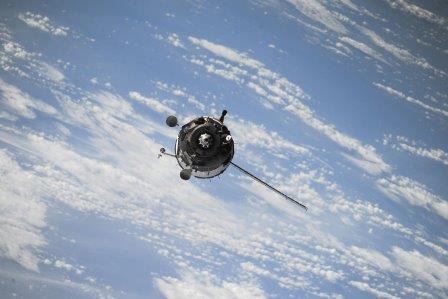
The drone attack on Abu Dhabi on Monday (January 17) by the Houthi rebels marks a major escalation o.....
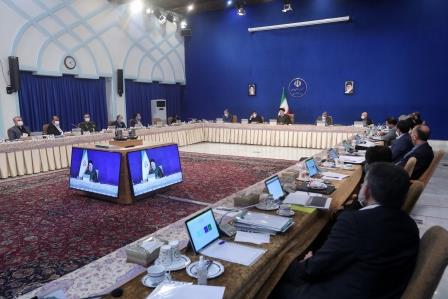
Of late, Israel-Iran shadow-boxing has been getting ominous. If Israel’s diplomatic offensive .....

In early November, Moscow hosted Mohammed Dahlan, a former right-hand man of Palestinian leader Yass.....

Nearly three decades after Prime Minister P V Narasimha Rao broke from the past and normalised relat.....
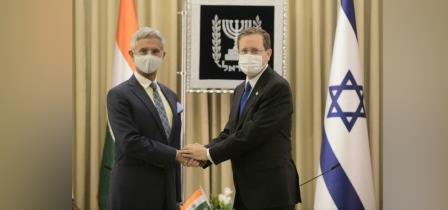
Earlier it was Pakistan and now China. So whatever India does and does not do externally has to be l.....

In several ways, the Taliban takeover of Afghanistan can be a game-changer in India’s worldvie.....

The Taliban takeover and its fallout exposed the limited diplomatic space for India in its immediate.....

Given the travel restrictions, local lockdown and sluggish economic revival, that over three lakh pe.....

Since 2005, some critical decisions over Iran have been taken by the MEA’s US Division. So que.....

“Bibi dethroned”. This is the expression used in the Israeli media to describe the forma.....

Despite having a woman prime minister in Golda Meir, female political representation in Israel has n.....
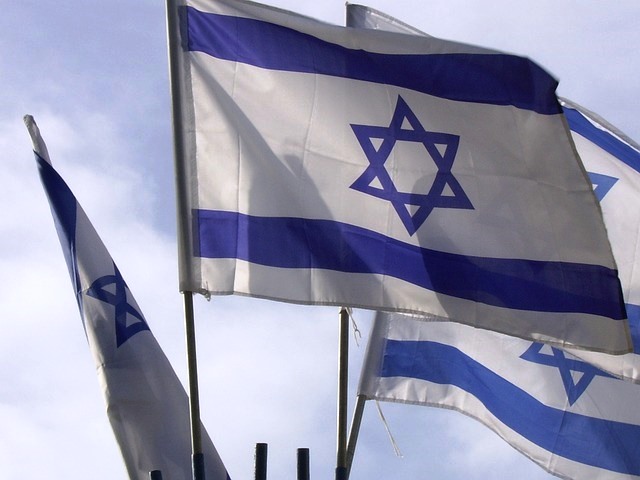
The most interesting aspect of the new Bennett-Lapid government in Israel is the emergence of Mansou.....
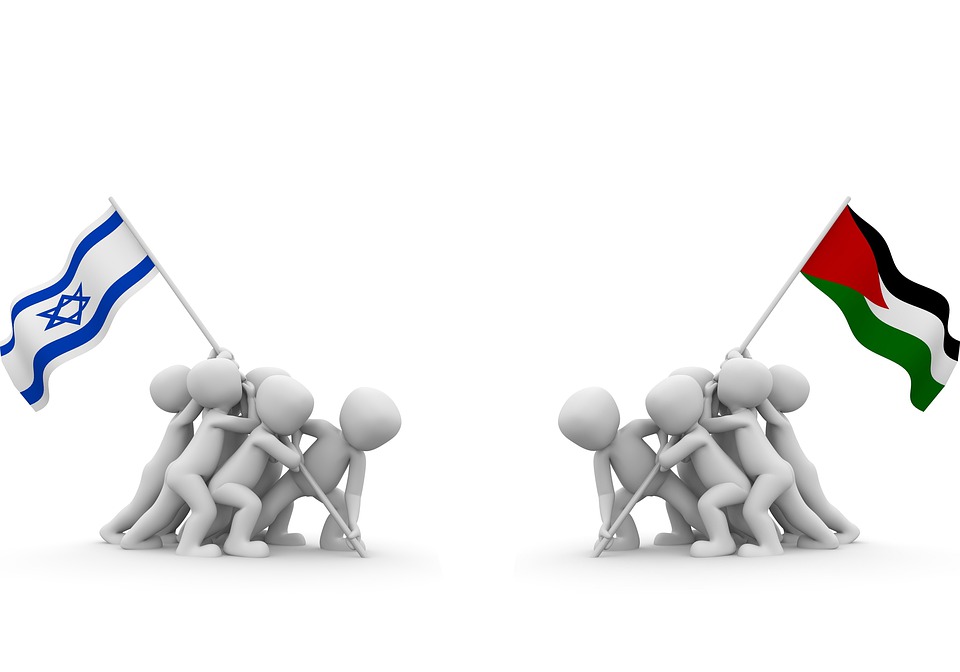
When it comes to mediating international crises, India’s track record is a mixed bag. In recen.....

Going by the Israeli media, it is clear that the arm-twisting by the Biden Administration forced the.....
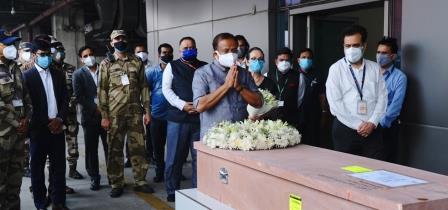
Indeed, Hamas is better placed today than it was in January 2006 and the current round of violence i.....

While the international community wants de-escalation and an early end to the conflict, the chances .....
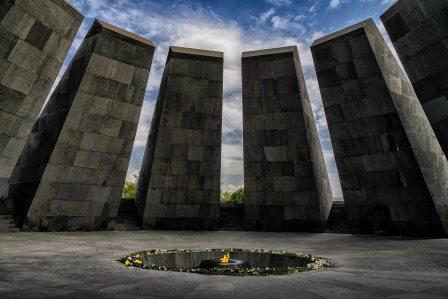
Ending the past silence, US President Joe Biden marked the Armenian Genocide Remembrance Day of Apri.....

The visit of Foreign Minister of Bahrain Abdullatif bin Rashid Al Zayani to India during 6-8 April r.....

By posthumously bestowing the Gandhi Peace Prize for 2019 upon Sultan Qaboos of Oman, New Delhi seek.....
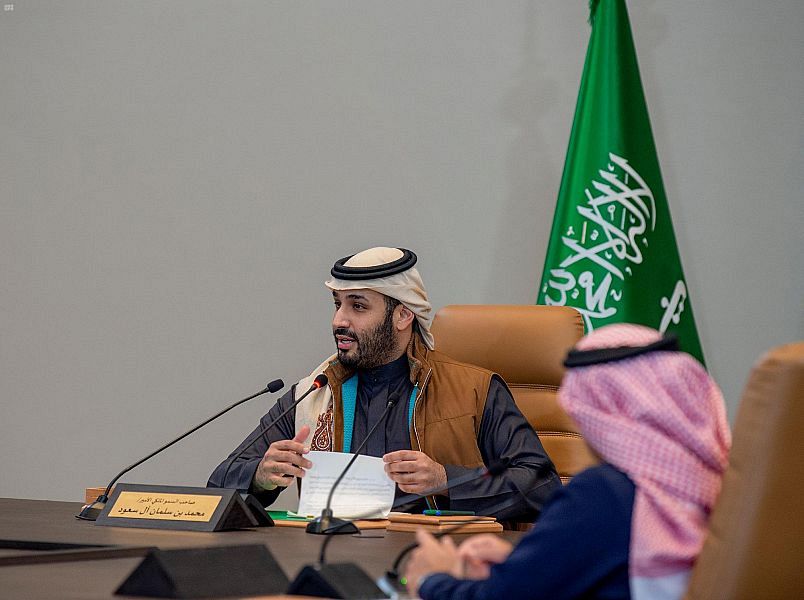
Much to the displeasure and discomfort of Saudi Crown Prince Mohammed bin Salman (more widely known .....
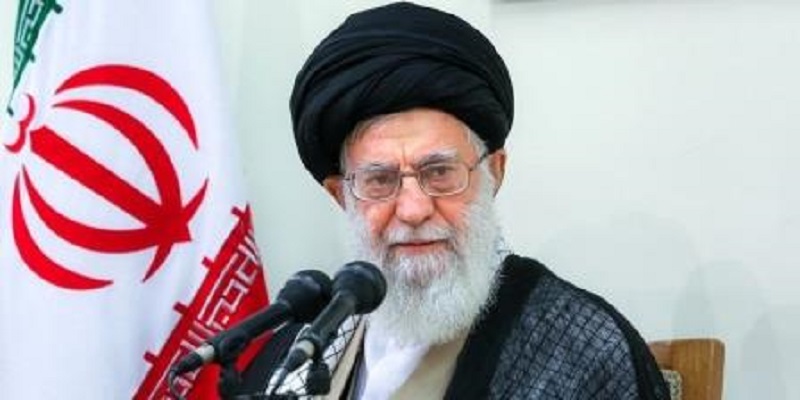
The nomination of Robert Malley, a veteran hand in Washington policy circles, as the Special Envoy f.....
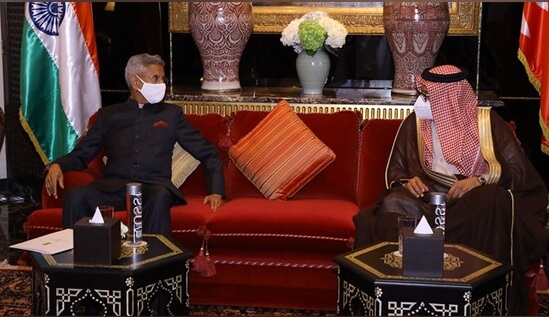
The two-day visit of External Affairs Minister S Jaishankar to the United Arab Emirates last week is.....
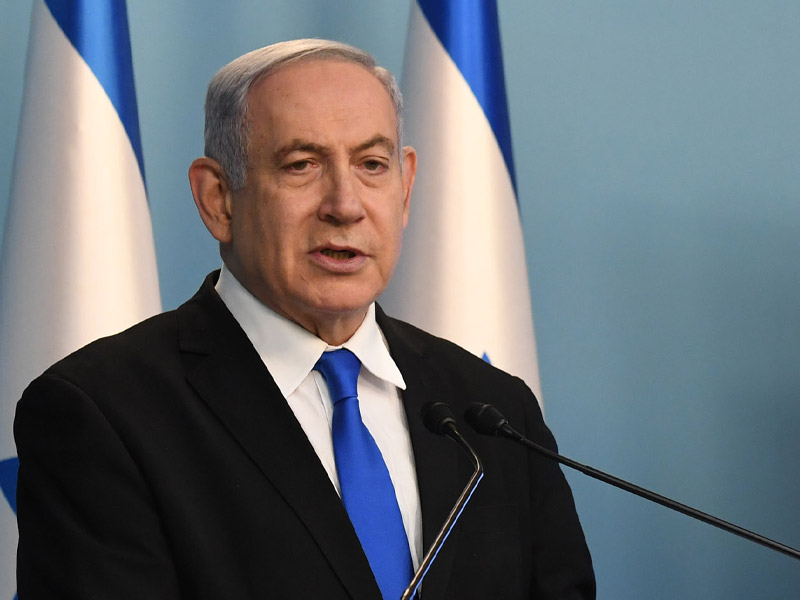
United Arab Emirates’ (UAE) decision to normalise relations with Israel is the most dramatic e.....

Declaring victory moments after the polling ends has become the hallmark of Benjamin Netanyahu; and .....

Israel went to polls for the 23rd Knesset on 2nd March. The third parliamentary elections within one.....
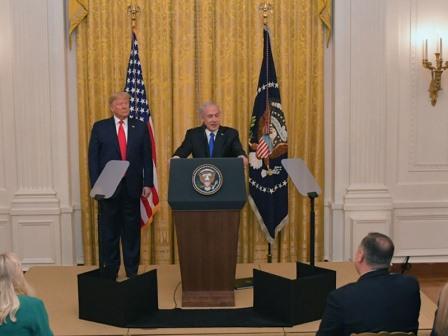
With possible removal from office hanging over their heads, US President Donald Trump and Israeli Pr.....
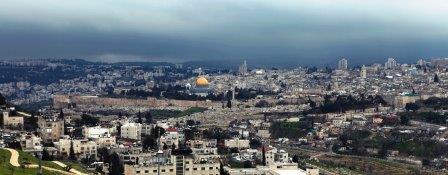
US Secretary of State Mike Pompeo’s sudden and unexpected announcement regarding Israeli settl.....
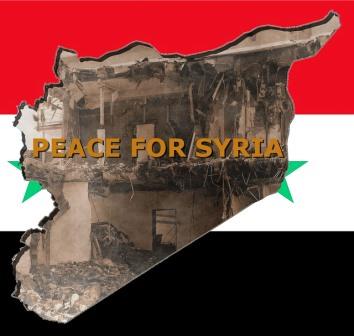
US President Donald Trump’s decision on imposing sanctions on Turkey has rocked the ever-turbu.....
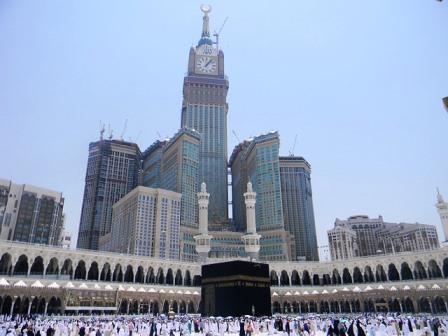
Prime Minister Narendra Modi’s two-day visit to the Kingdom of Saudi Arabia this week highligh.....
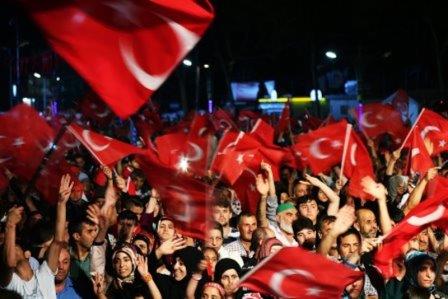
Prime Minister Narendra Modi's reported decision to postpone a planned visit to Turkey comes a c.....
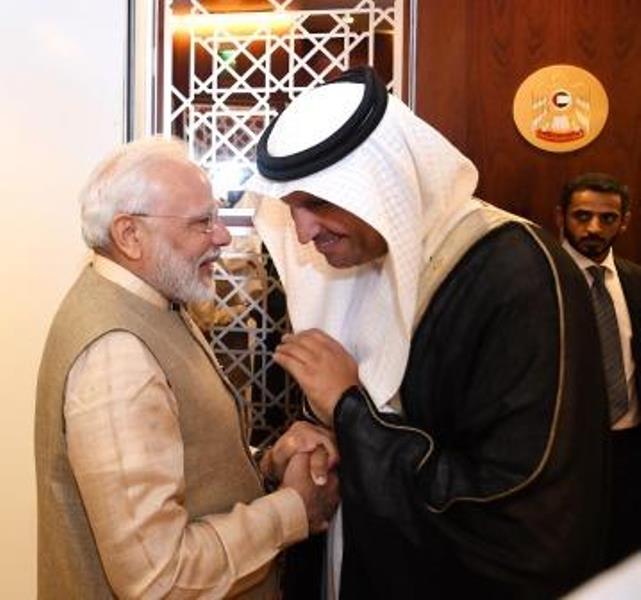
With the sole and notable exception of Pakistan, India's relations with the wider Islamic world .....
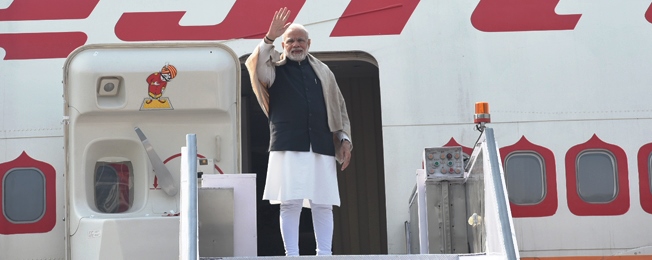
For a long time, India’s relationship with its extended neighbourhood in the Persian Gulf was .....

The Israeli legislative or Knesset election last week has turned out to be a rerun of the 9 April on.....

Will 2019 see a third Knesset election? This question is going rounds in Israel as it faces the seco.....

When he called Indian Prime Minister Narendra Modi to congratulate on his re-election with a landsli.....
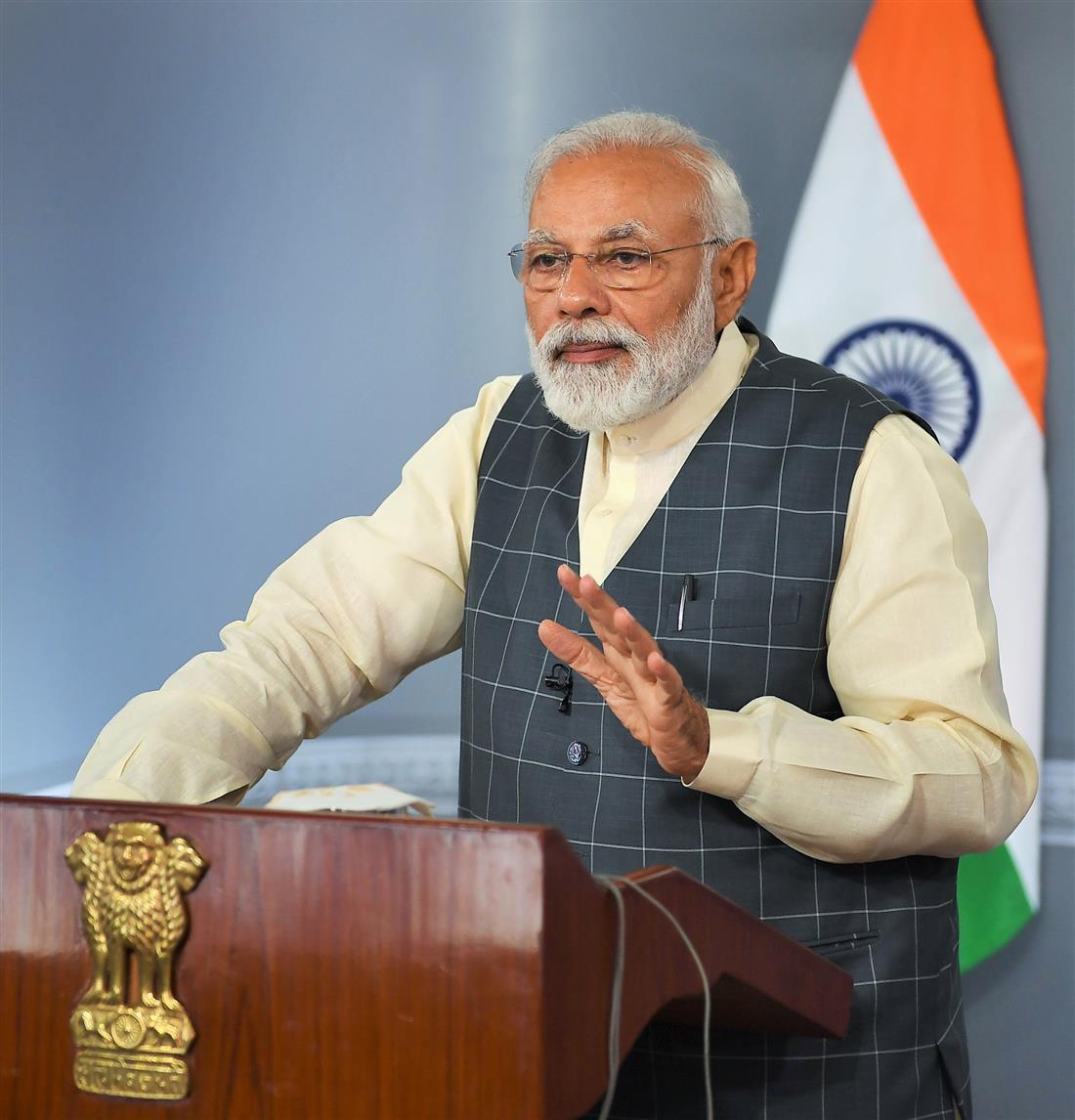
The resounding re-election of Prime Minister Narendra Modi is a blessing for India's relat.....
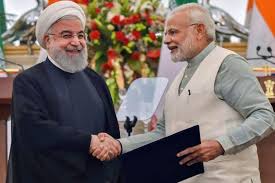
Iran is back in the news and for all the wrong reasons. It has been the unnecessary third .....
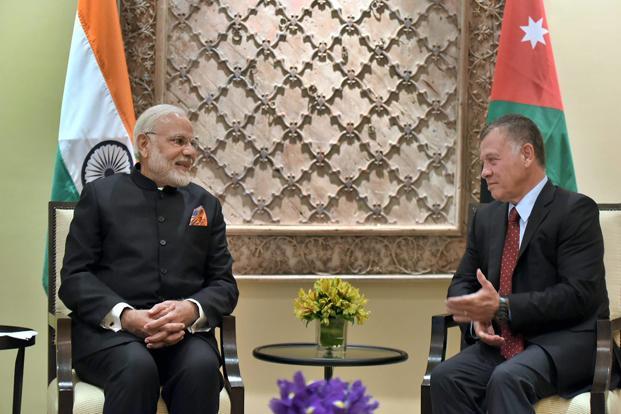
During the close to a century of its existence, the Hashemite Kingdom of Jordan has been, as former .....

In their eagerness to focus on and flag the de-hyphenation of the traditional Israel-Palestinian bin.....
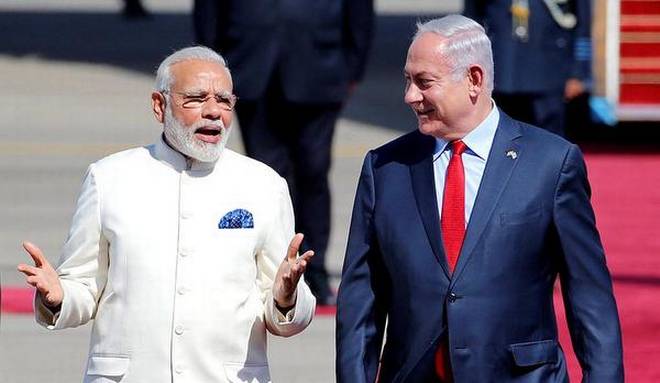
In the closely scrutinised India-Israel relationship, there is little in the public domain that rema.....
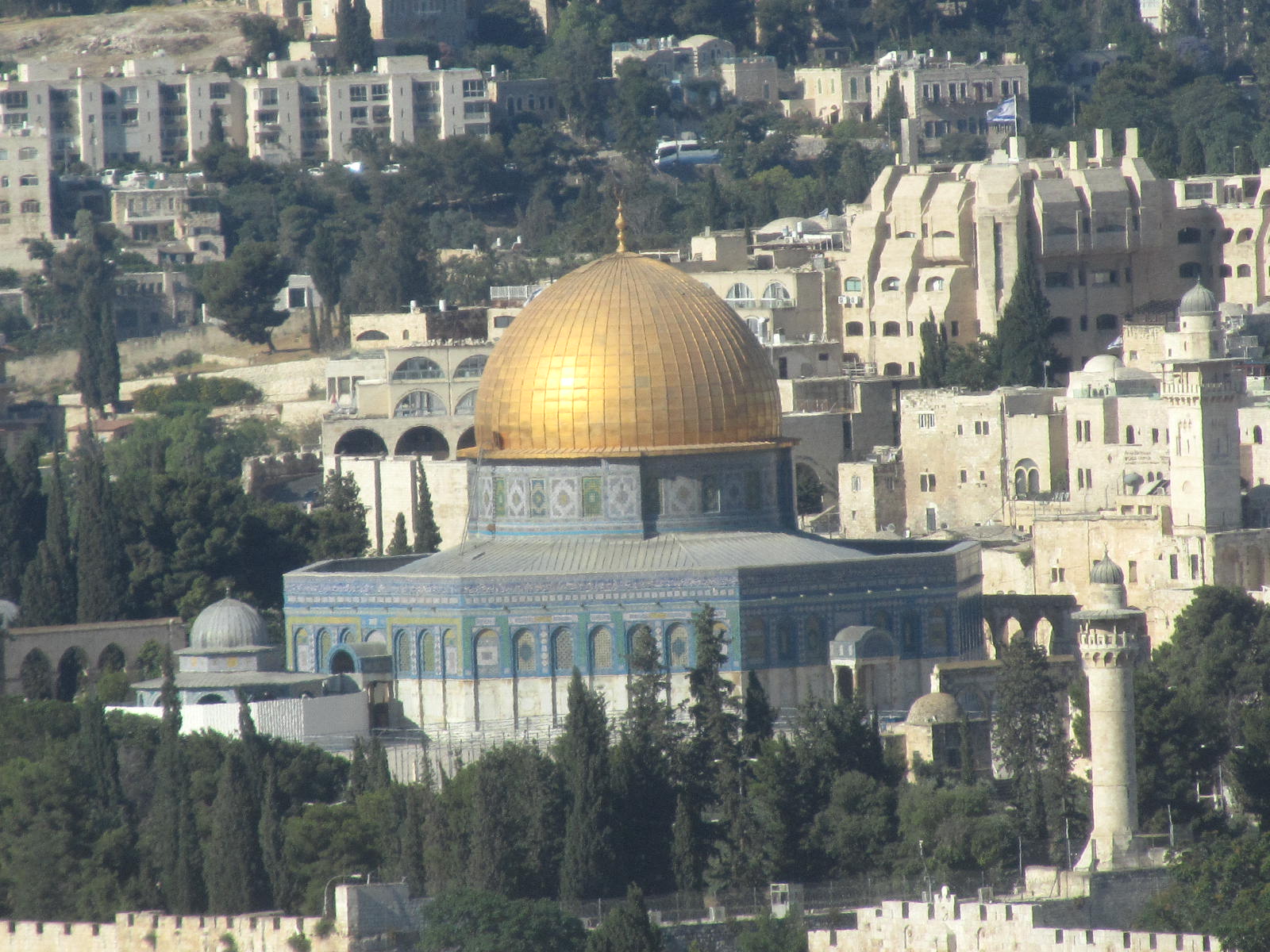
You know what, it will go to the dustbin’ my articulate friend was blunt, brutal but.....

Balfour Declaration, A Century Later If one were to make a list of the most influential.....

Professor Bernard Lewis—a towering personality on the Middle Eastern academic landscape—.....

B orn in Poland on 2 August 1923, Szymon Persk who later Hebraised his name as Shimon Peres was the leader.....
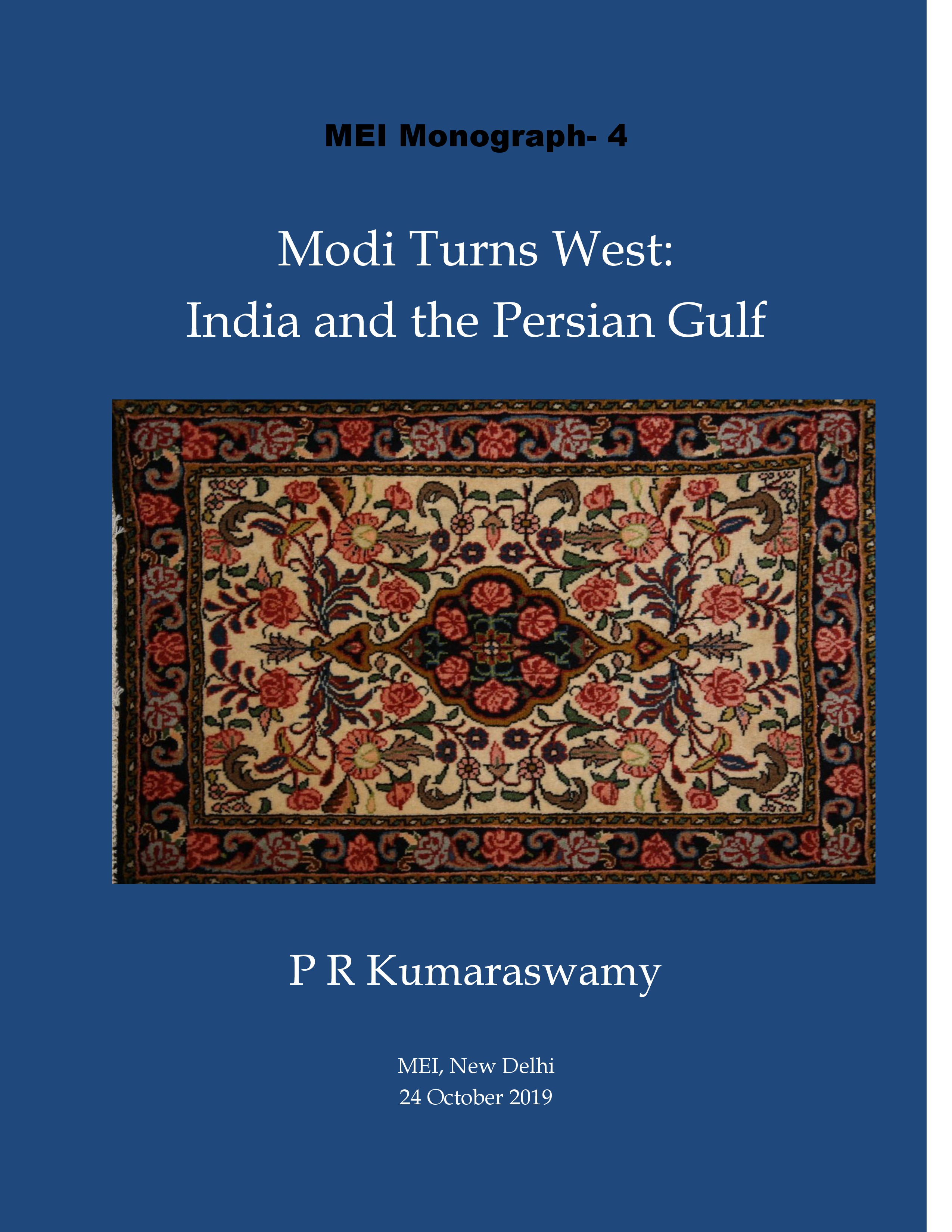
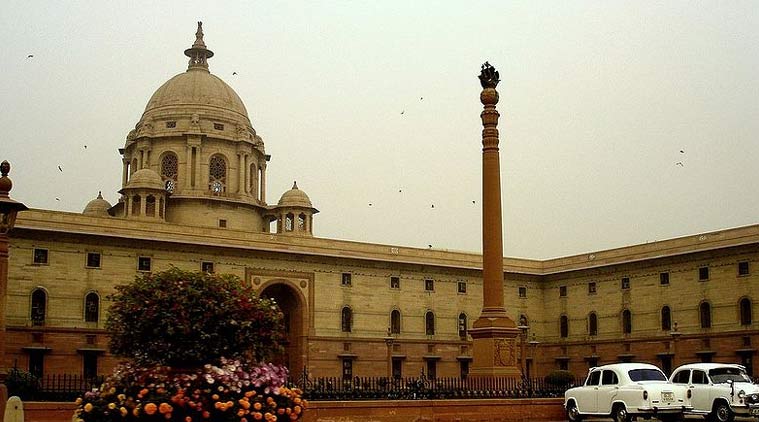
W hat What began as a protest by a marginalized vegetable vendor in Sidi Bouzid in Tunisia soon spread lik.....
